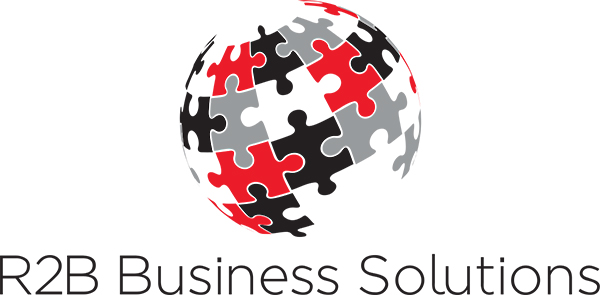"Accountants are expensive!" is a phrase we hear often from Sole Traders and Small Business Owners.
However, in our experience there are plenty of accountancy firms that are worth their weight in gold. If you think that having an accountant is an unnecessary outlay in your business, we urge you to think again. Not having an accountant on board can cost you more in lost profit, fines and incorrect taxes than the whole year of accountancy fees. We would recommend that every small business gets the support of good accountant from the outset. Here are some reasons why:
Keeping correct records means keeping on top of cash-flow
Your accountant will be able to help you keep accurate records of your income and expenditure, to help you forecast your cash-flow and identify any issues. Consistently monitoring cash-flow will help you identify any "tight" months and give you the opportunity to make plans and deal with issues. It will also help you identify patterns in your spending and to develop budgets for your future spending. A common reason that businesses fail is that they don't have an understanding of their expenditure and have let it run out of control. If revenue is flowing, it's easy to think that everything's going swimmingly; but if you're spending more than is coming in then you'll be heading for trouble. Your accountant can help you understand your cash-flow.
Be sure that you have met all your HMRC obligations
There's nothing more damaging to a small business than a large unexpected tax bill or penalty. More often than not, these types of letters surface months after the tax "event" (end of tax year, VAT submission, etc.) took place. Often in the start-up phase, small business owners are not fully aware of all their tax reporting obligations and may innocently miss something. Unfortunately, in the eyes of HMRC there is no excuse for ignorance and issue surcharges and penalties for incorrect or missed reporting.
In addition, HMRC will estimate what's owed in some scenarios such as VAT and PAYE and may not allow an appeal if too much time has passed, meaning you are possibly left to pay more than you would if the reports were submitted correctly and on time. Your accountant will be aware of the reporting obligations and will help you ensure that all your records are up-to-date and reported correctly.
Make sure your employer obligations are met
PAYE, National Insurance and Pension Schemes can be a minefield and if you are in anyway uncertain about dealing with such matters then get a professional to deal with it for you. Getting payroll wrong can be catastrophic to both you and your employees. We often see businesses that are in difficulty because they have failed to make allowances for PAYE and then cannot afford to pay. It is possible to negotiate with the HMRC if you cannot afford to pay PAYE in one go, however, it's much better to avoid such problems from the start.
Be aware of your profit margins
Your accountant will be able to offer you several different business reports. An important report is your profit and loss (P&L) on a monthly, quarterly and yearly basis. You may have been making plenty of sales, but if there is not sufficient profit in these sales you could be trading at a loss without realising it. Your accountant can help you identify the gross and net profit in your business. They can also suggest ways that you might improve profit margins by looking at your fixed costs and costs of goods sold.
Have a safe pair of eyes in case things go wrong
Don't just speak with your accountant once a year, communicate regularly, they will be able to give you advice and guidance throughout the year and help to identify any areas for concern sooner rather than later. Your accountant will also have an established network of support services that they may recommend to you if they can see that you're heading for trouble. Most will know of a business mentor they can recommend, will be aware of government grant schemes for funding and can recommend a debt specialist such as R2B to help you get back on track before things get unmanageable.

